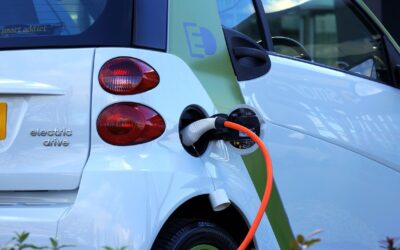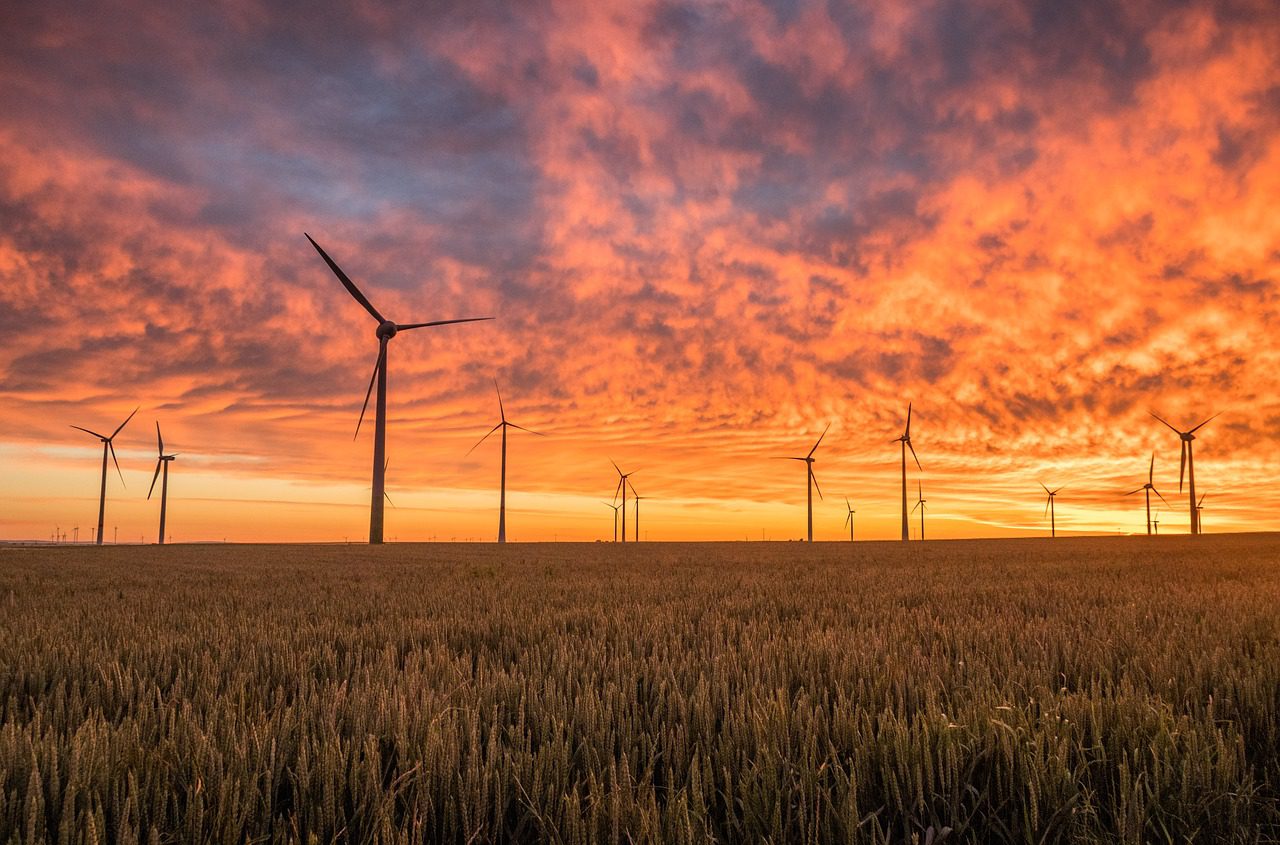Energy is the lifeblood of all societies. But the production of energy from the burning of fossil fuels produces carbon emissions that are released into the atmosphere on a grand scale. The energy sector accounts for more than 70% of these emissions, which are driving climate change worldwide.
Reducing carbon emissions from the energy sector has a direct and positive impact on climate protection. So there needs to be a transition from the current energy system that relies heavily on fossil fuels to a system that uses renewable energy sources that do not emit carbon, such as wind and solar.
We also need to look at things like the electrification of transport and embrace a circular economy that seeks to reduce waste and the demand for energy. This process has already begun, but we need to speed it up – we’ve been dragging our heels for too long and now things are critical.
This will not happen by itself; it requires policy choices. These must be global, involving all states. It’s no good changing the energies sector of just one country. Energy has long been considered to fall within the domain of domestic policy. Yet international climate action is driving the transition to a low-carbon energy economy, on the basis of scientific evidence that highlights the importance of reducing energy consumption for the climate.
This must be done as quickly as possible. Some countries are more committed than others, but the extent of how much is actually being achieved (or not) must be monitored. This can only happen through the cooperation of all states under international law. Cooperative regulation of energy demands innovative, flexible organization and law-making at the international and the regional level.
Energy action = climate action
The United Nations (UN) is at the forefront of this international cooperation. In 2015, the General Assembly adopted Sustainable Development Goals (SDGs) that set out the progress the global community wants to make by 2030 on the most pressing challenges, from poverty reduction to climate change and energy transition.
SDG 7 relates to ensuring access to clean and affordable energy for all. It contains indicators of progress on renewables, access to electricity, and energy efficiency. SDG 13 relates to urgent action to combat climate change and its impacts. These two goals work in tandem to encourage all states – developed and developing – to collaborate to make energy sustainable (meaning low-carbon), while ensuring access for all in every country by 2030.
That means international climate action equals energy action. The UN High-Level Political Forum is the place states get together to discuss progress on the SGDs, and where consensus is being (re)affirmed continuously.
SGDs 7 and 13 have been established and reinforced through the 2015 Paris Agreement on Climate Change. This is a binding treaty under international law adopted through the UN Framework Convention on Climate Change, by which the UN first addressed climate change in 1992. The agreement is the key international legal framework through which states aim to keep the increase in the temperature of the Earth’s atmosphere to well below 2℃, and ideally limiting it to 1.5℃ by the end of the century.
Signing up to cooperation
Almost all states have ratified the Paris Agreement and so must abide by it. If any intend to withdraw from it, they must abide by the legal rules of the agreement. So the US would only be able to withdraw – as Donald Trump insists – after the next presidential election. In the meantime, his administration continues to abide by the Paris Agreement rules and actually takes a very active role in the negotiations.
Domestic action is necessary to implement the promises of the Paris Agreement. Every state is obliged to submit “nationally determined contributions” that set the scene for the most ambitious climate protection plan at the national level.
These national plans on climate protection have a strong influence on energies regulation at the domestic level. The “Katowice package” (the Paris rule book), adopted in 2018, provides further guidance. For developed countries, the Paris Agreement stipulates that they adopt economy-wide greenhouse gas emission targets. These targets can only be achieved if the entire economy, including the energy sector, is “decarbonized”. That means that the use of fossil fuels has to end and be replaced by sustainable (renewable) energy.
Developing countries receive support under the Paris Agreement so that they too can move over time to economy-wide reduction targets. Only by acting together will the international community achieve the temperature goal of the Paris Agreement.
The 1994 Energy Charter Treaty, driven by the European Union and like-minded states, is emerging as the basis of transcontinental energy governance in Europe, Asia, and Africa. This treaty covers energy investments, trade, freedom of energy transit, efficiency, and resolution of disputes. It is now modernizing to support the energy transition.
Cooperative energy regulation also occurs on a regional level, and that is the case in Europe as well as Asia and Africa. The EU has adopted a frontrunner position with a strategy precisely based on the Paris Agreement till 2080, driving the transition of the continent’s energy system. Called the Clean Energy Package, it will create a transboundary, continent-wide energy system that better integrates renewables, improves efficiency, and empowers consumer choice. Even after Brexit, the UK will likely remain connected to this market, as both the EU and the UK share the objective of achieving net-zero carbon by 2050
If humanity is to achieve its goal of fully and speedily transitioning to low-carbon energy while ensuring affordable access for all, then we must stay focused and committed and continue to cooperate internationally. The future of the generations that follow depends on it.
This article by Volker Roeben was originally published at TheConversation
About the Author:
Volker Roeben is Professor of Energy Law, International Law, and Global Regulation at the University of Dundee, as well as a visiting Professor at the China University of Political Science and Law, Beijing, a docent at the University of Turku, and adjunct Professor at the University of Houston.
Prior to coming to Dundee, he was a Professor at Swansea University and a Senior Research Fellow at the Max Planck Institute for Comparative Public Law and International Law. He has held visiting professorships inter alia at the University of Chicago School of Law, has served as a clerk to Justice Di Fabio of the German Constitutional Court, and advised the Energy Charter, the European Parliament, international organizations, and national parliaments.
Volker’s research combines energy law with public international law, European Union law, and the theory of global law, with several books and numerous articles published and a research monograph on the EE Union in press with Cambridge University Press. He also serves on the board of the Max Planck Encyclopedia of Comparative Constitutional Law.
Featured Image Credits: Pixabay







